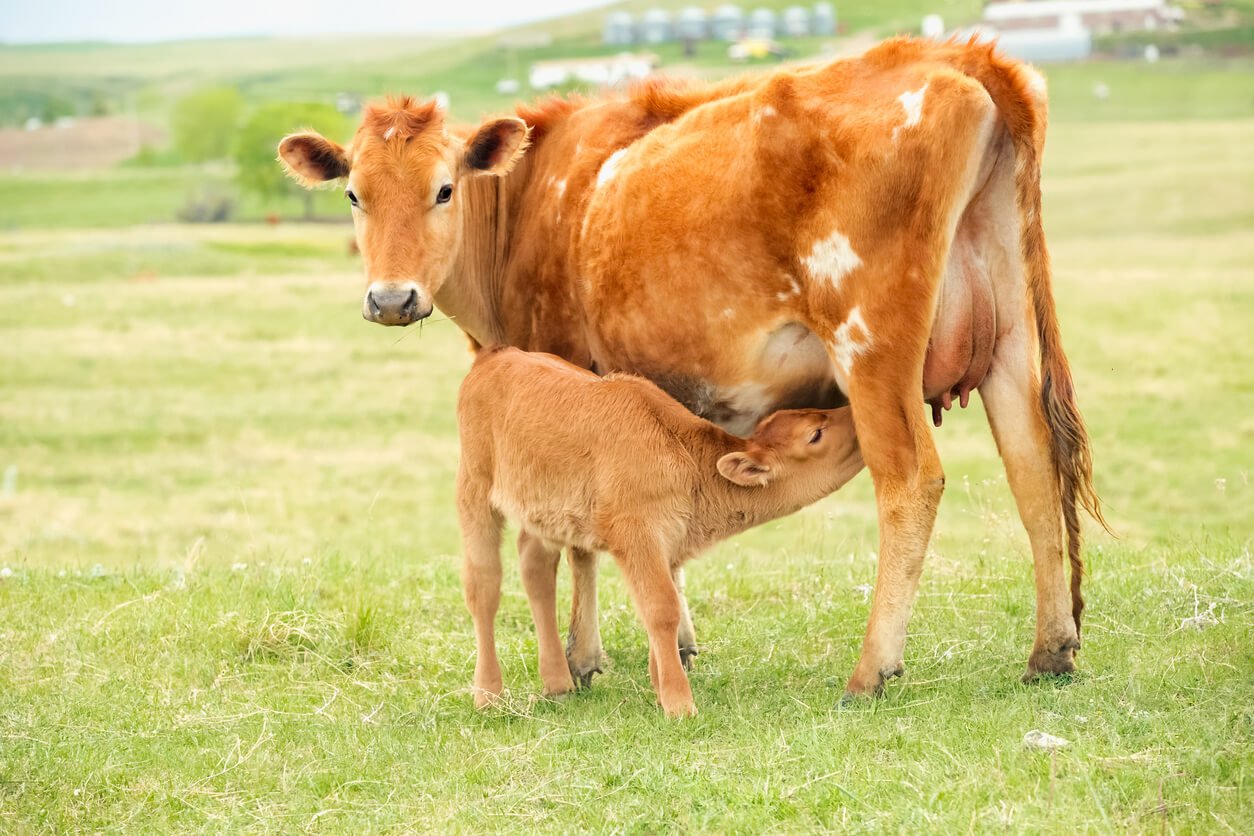This Yom Kippur, Ditch Leather for Good
Stepping out in the skins of slaughtered animals is a step backward if you’re seeking to live with mercy and compassion. As you fast and reflect on atonement and your relationships with others this Yom Kippur, consider your relationships with all sentient beings and the systems of oppression that produce food and clothing:
No, this is the fast I desire:
To unlock fetters of wickedness,
And untie the cords of the yoke
To let the oppressed go free;
To break off every yoke. —Isaiah 58:6
On Yom Kippur, it’s traditional to put your best foot forward in shoes that aren’t made of animal skin—but why not kick leather shoes to the curb for good?
Ditching Leather for Yom Kippur—and Forever
In ancient times, leather shoes were considered luxurious, so it was a sacrifice to go without them on Yom Kippur.
But the Jewish prohibition against leather isn’t restricted to Yom Kippur: The Shehecheyanu blessing, which thanks God for allowing us to live to celebrate another special occasion, and the greeting “Tithadesh” (“May you be renewed in your garment”) are not spoken when wearing new leather shoes or fur because animals are killed for them (Orah Hayyim 223:6 Code of Jewish Law, vol. 2, p. 29).
Leather shoes shouldn’t be worn on Yom Kippur because one shouldn’t ask for compassion if they’re not extending it to others. Rabbi Moses Isserles (1530–72), known as “the Remah,” asked, “How can a man put on [leather] shoes, a piece of clothing for which it is necessary to kill a living thing, on Yom Kippur, which is a day of grace and compassion?” We might also ask, “How can we celebrate a new year by killing an animal, violently robbing them of living another year themselves?” Just as kosher laws prohibit consuming milk (meant to sustain life) and meat (the product of killing) in the same meal, celebrating life shouldn’t involve slaughtering others.
Leather production destroys animals, the environment, and countless human lives on a vast scale. Animals killed for their flesh and skin are confined to filthy, disease-ridden farms, and an estimated 90% of Bangladeshi tanning factory workers in Hazaribagh, many of them children, die before the age of 50—largely due to the hazards of leather production.
Everyone has the power to help end speciesism by deciding not to use animals’ skin or any other part of their bodies. Countless materials, including animal-free leather made from fruit, are abundant and cost-effective. Killing animals for their skin has never been acceptable, and now there are more ways than ever to ditch leather altogether. It’s never been easier to find vegan shoes for the High Holy Days—and every day.
Other Great Ways to Be Kind on Yom Kippur
There are plenty of ways to honor animals, including the following:
- Ending your Yom Kippur fast with a vegan feast
- Wearing a nonwool tallit made from cotton, acrylic, or another cruelty-free fabric when you go to synagogue
- Using money—not chickens—to perform kapparot, then donating it to help animals
Take Action to Help Animals
It’s beautiful to blend religious traditions with compassion for animals. Humans never need to use other living, feeling beings for clothing—or anything else—especially when it’s so easy to go vegan and make kind choices every day.

